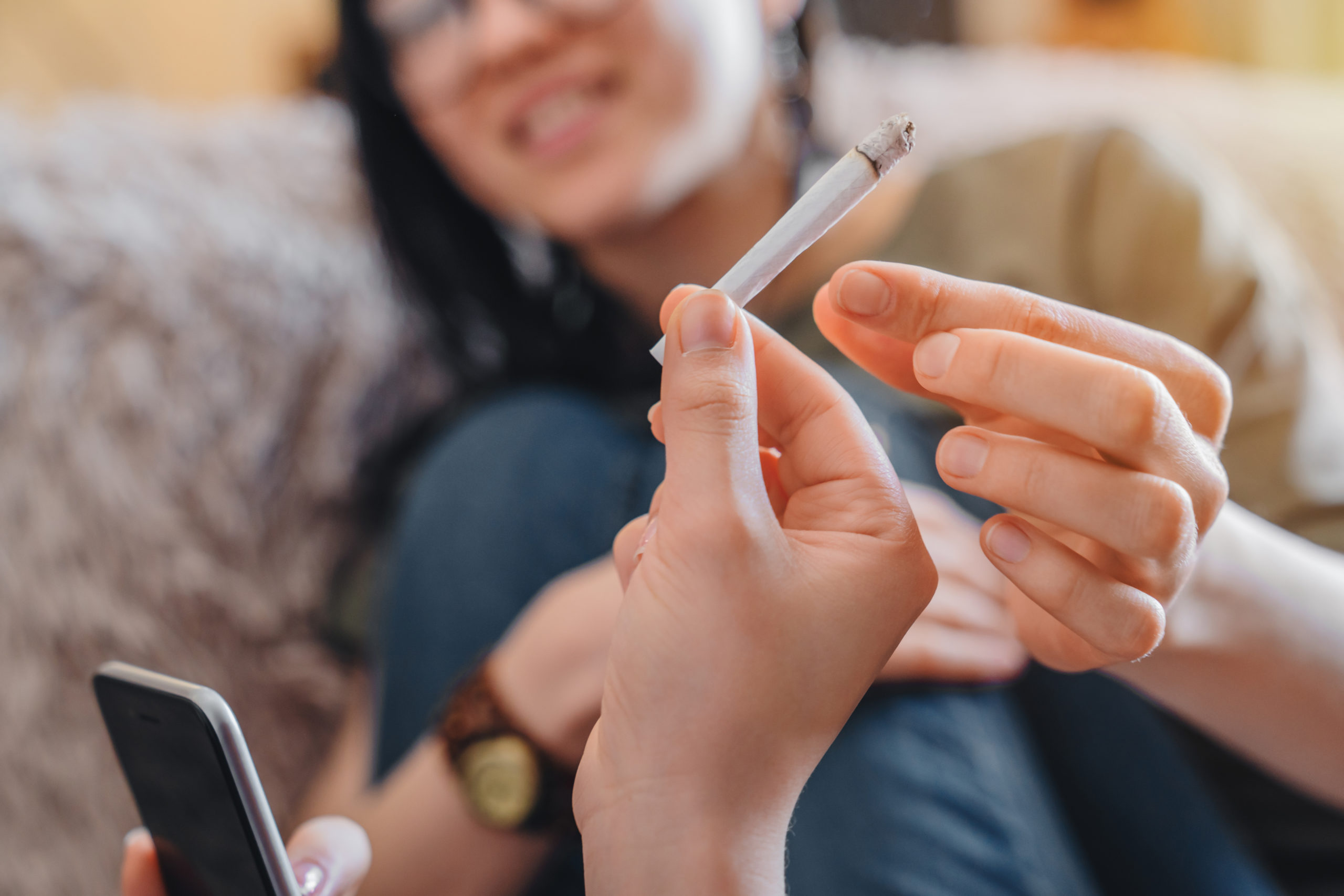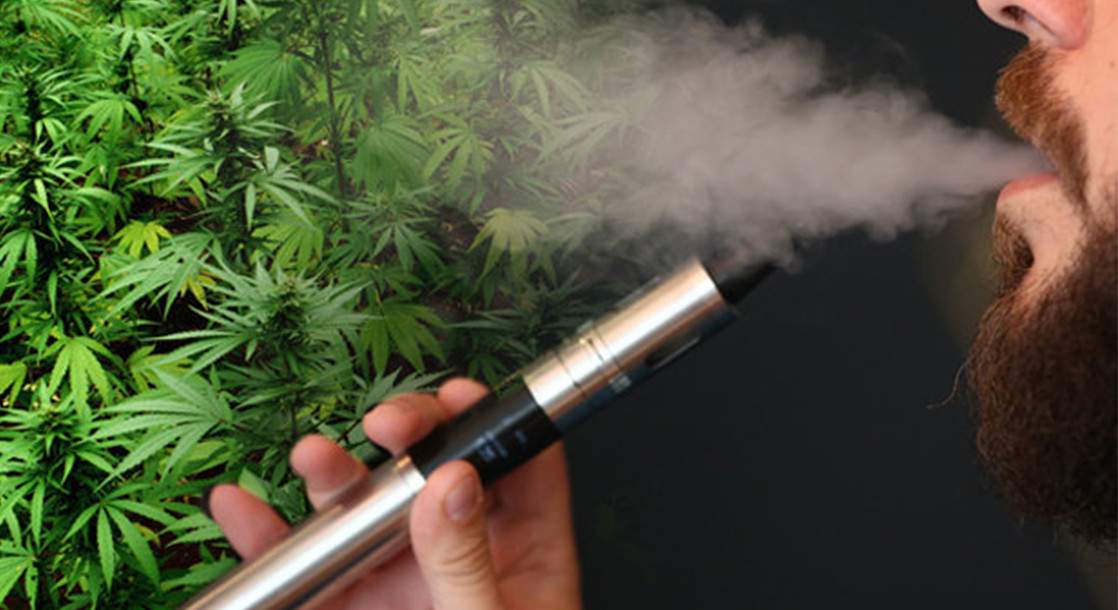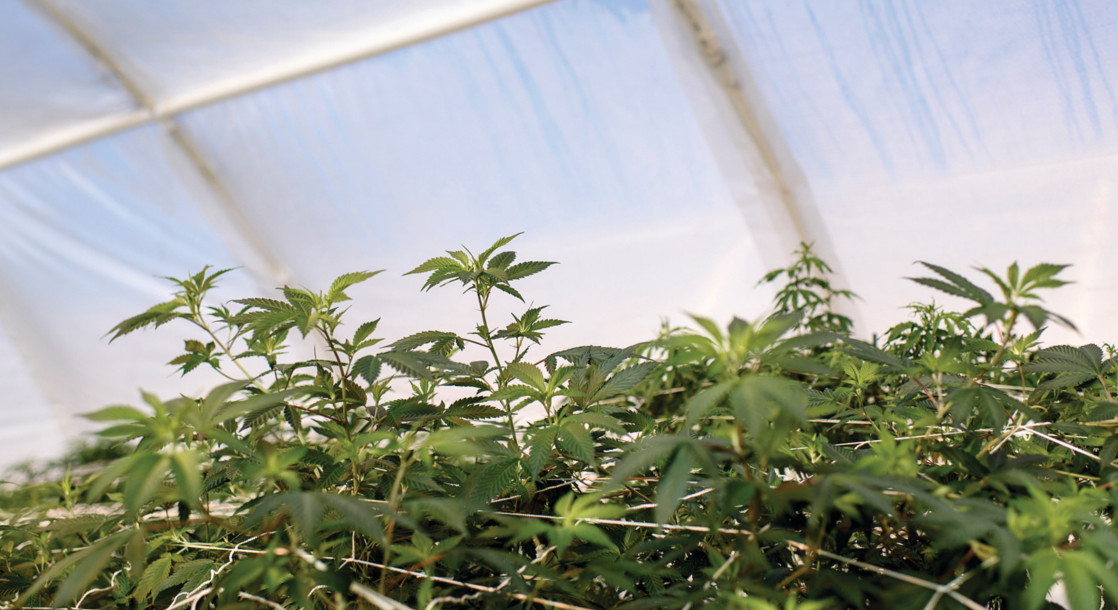Image via
Your phone already knows if you’re sleeping, working, or jogging, but it can also be used to tell whether or not you’re stoned, according to a new study published in the Drug and Alcohol Dependence journal.
Researchers from the Rutgers Institute for Health, Health Care Policy, and Aging Research have discovered that the standard sensors included in popular smartphones can accurately detect if a person is stoned. To test their hypothesis, researchers collected data from 57 young adults who reported using cannabis at least twice a week. Each subject was asked to complete three daily surveys asking when they had last gotten high, how much cannabis they consumed, and how high they felt at the time.
Subjects also installed an app on their smartphones that collected data from their phones’ GPS sensors, accelerometers, call logs, and app usage statistics. The research team then conducted an analysis to determine whether this data could accurately predict whether or not a user was stoned at any given time.
The researchers soon learned that most subjects got high at specific times on specific days of the week. Based on time and date alone, researchers were able to accurately tell whether subjects were stoned with 60 percent accuracy. But after adding in data from the phone’s other sensors, the accuracy increased to a shocking 90 percent. Travel patterns from GPS data and movement data from accelerometer sensors were the most useful indicators of cannabis intoxication.
“Using the sensors in a person’s phone, we might be able to detect when a person might be experiencing cannabis intoxication and deliver a brief intervention when and where it might have the most impact to reduce cannabis-related harm,” said corresponding author, Tammy Chung, professor of psychiatry and director of the Center for Population Behavioral Health at the Rutgers Institute for Health, Health Care Policy and Aging Research, in a statement.
The researchers envision this technology being used to create an app that would detect when a person is stoned and then deliver an intervention notification warning them to stop. This could potentially be used to help individuals who are struggling with cannabis use disorder by helping them become more aware of their weed intake. An app based on this technology could help remind someone that they might be too stoned to drive safely.
“This proof-of-concept study indicates the feasibility of using phone sensors to detect subjective cannabis intoxication in the natural environment, with potential implications for triggering just-in-time interventions,” the study authors concluded.
But this technology also has a strong potential to be used as spyware. Ad-supported social media apps could use this technology to identify users who are stoned, and then deliberately push specific advertisements to them. Facebook already has algorithms that can detect when teens are feeling emotionally vulnerable, for example, and although the company has claimed that it is not using this data for targeted advertising, they clearly possess the technical ability to do so.
Parents, police, or parole officers could potentially use an app like this to monitor someone’s cannabis use from afar, possibly without their consent. Many employers are also now using tattleware to monitor their employees at all times, and a weed-detecting app could become part of that arsenal. Of course, the app would not be able to tell whether or not a person is using cannabis for medical or recreational purposes, which further complicates matters.











